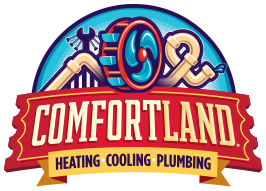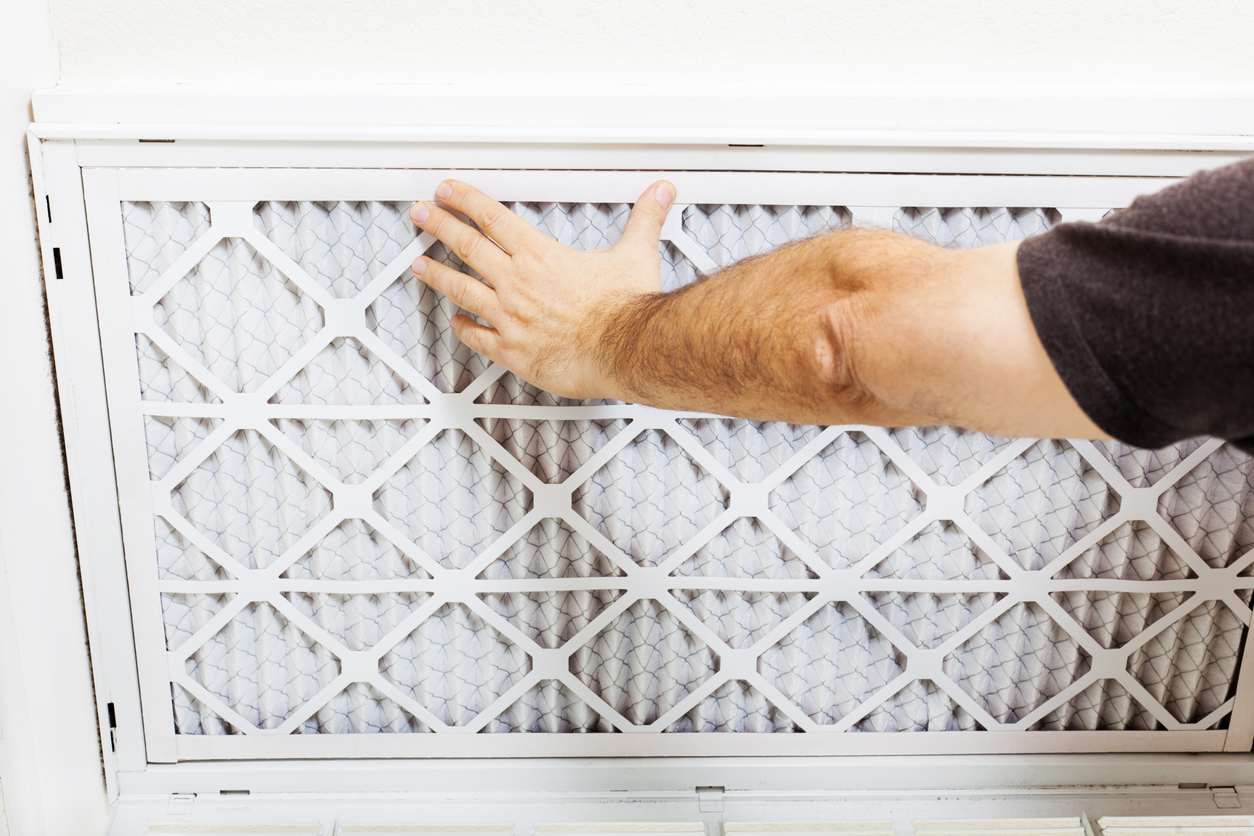
Maintaining a healthy and efficient HVAC system is essential for the comfort and well-being of your home. One of the simplest yet most crucial maintenance tasks is regularly changing your HVAC air filter. But how often should you change your air filter? In this blog, we’ll explore the best practices for replacing your air filter, the signs that it’s time for a change, and the importance of keeping your air filter clean.
How Often to Change Air Filter
The frequency with which you should change your HVAC air filter depends on several factors, including the type of filter you use, the presence of pets, the level of air pollution in your area, and the overall air quality in your home. Generally, it’s recommended to change standard 1-3 inch air filters every 30-60 days. However, if you use high-efficiency filters, you may need to replace them less frequently—every 6-12 months.
When to Replace Air Filter Home
Knowing when to replace your air filter at home can help you avoid potential problems and ensure your HVAC system runs smoothly. Here are some signs that it’s time to replace your air filter:
- Visible Dirt and Dust: If you can see a significant amount of dirt and dust on the filter, it’s a clear indication that it needs to be changed.
- Increased Allergy Symptoms: If you or your family members start experiencing more frequent allergy symptoms, it might be due to a dirty air filter.
- Higher Energy Bills: A clogged air filter can make your HVAC system work harder, leading to increased energy consumption and higher bills.
- Unpleasant Odors: A dirty air filter can cause unpleasant odors to circulate in your home.
The Truth About Home Air Filters
There’s a lot of misinformation about home air filters, so it’s important to know the truth. Air filters are designed to trap dust, pollen, pet dander, and other airborne particles to improve indoor air quality and protect your HVAC system. However, not all air filters are created equal. Higher-quality filters can capture smaller particles, which is particularly beneficial for households with allergies or respiratory conditions.
What Happens If You Don’t Change Your Air Filter?
Neglecting to change your air filter can lead to a host of problems, both for your HVAC system and your health. Here’s what happens if you don’t change your air filter regularly:
- Reduced Airflow: A clogged filter restricts airflow, making your HVAC system work harder to circulate air. This can lead to overheating and system failure.
- Decreased Efficiency: With restricted airflow, your system will consume more energy, resulting in higher utility bills.
- Poor Air Quality: A dirty filter can’t effectively trap pollutants, leading to poorer indoor air quality and potential health issues.
- System Damage: Over time, the strain caused by a dirty filter can cause components of your HVAC system to wear out prematurely, leading to costly repairs or replacements.
How Often Do Air Filters Need to Be Replaced?
The specific answer to “how often do air filters need to be replaced?” can vary based on the type of filter and your home environment. Here’s a general guideline:
- Every 1-2 Months: For basic fiberglass filters or homes with pets and allergies.
- Every 3-4 Months: For pleated air filters in an average home without pets.
- Every 6-12 Months: For high-efficiency filters in homes with minimal pollutants.
It’s important to check your filter regularly and replace it as needed rather than sticking strictly to a schedule. Some high-efficiency filters can last up to a year, but if you notice any of the signs mentioned above, it’s best to replace the filter sooner.
Tips for Maintaining Your HVAC System
In addition to changing your air filter regularly, here are some tips for keeping your HVAC system in top shape:
- Schedule Regular Maintenance: Have a professional inspect and tune up your system at least once a year.
- Keep Vents Clear: Make sure that air vents and registers are not blocked by furniture or other objects.
- Clean Around the Unit: Keep the area around your outdoor unit free from debris, leaves, and grass clippings.
- Use a Programmable Thermostat: This can help you manage your home’s temperature more efficiently and reduce strain on your system.
Conclusion
Regularly changing your HVAC air filter is a simple yet essential task for maintaining a comfortable and healthy home environment. By understanding how often to change air filters, recognizing the signs that it’s time for a replacement, and knowing the consequences of neglecting this maintenance, you can ensure your HVAC system runs efficiently and effectively.
For all your heating and cooling needs, including professional HVAC maintenance and air filter replacements, contact ComfortLand today. Our experienced technicians are ready to help you maintain a comfortable and healthy home all year round.
Recent News
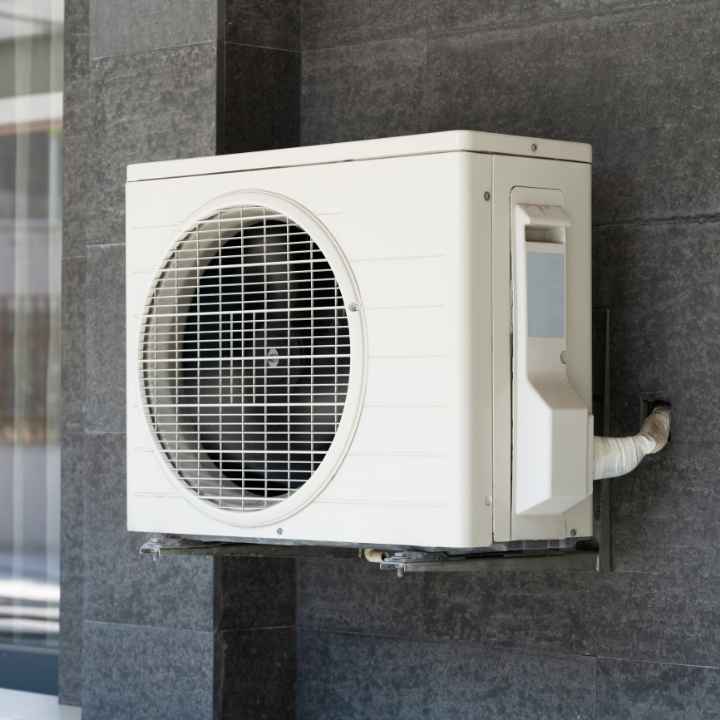
Why Is My Heat Pump Freezing Up?
Read More
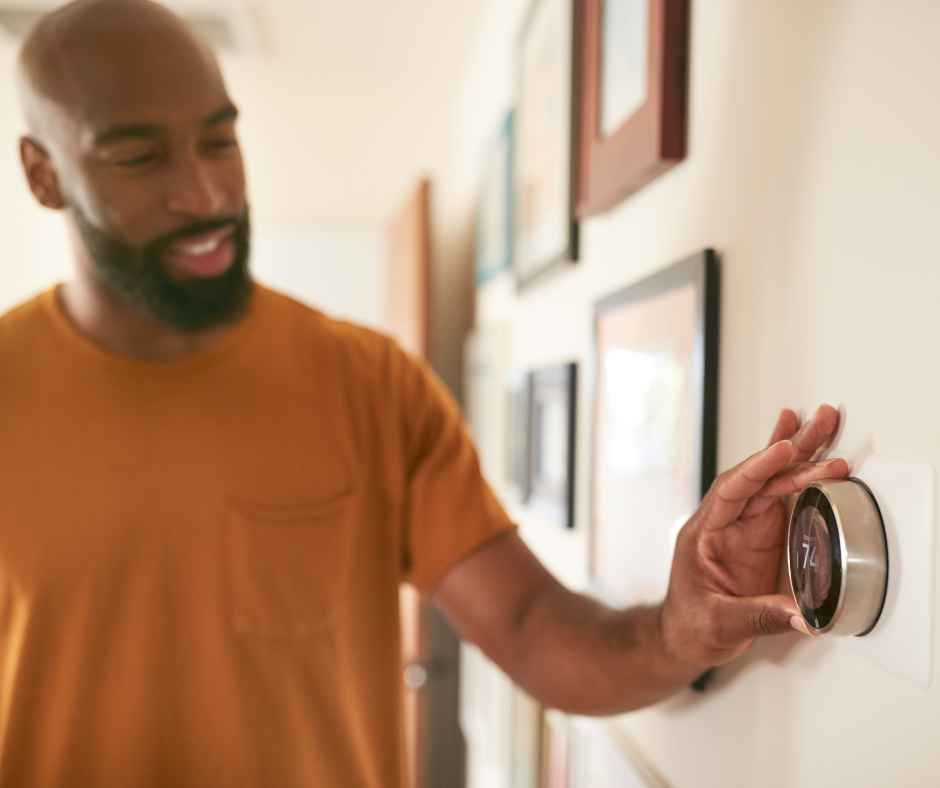
How to Improve Heating Efficiency in Dallas
Read More
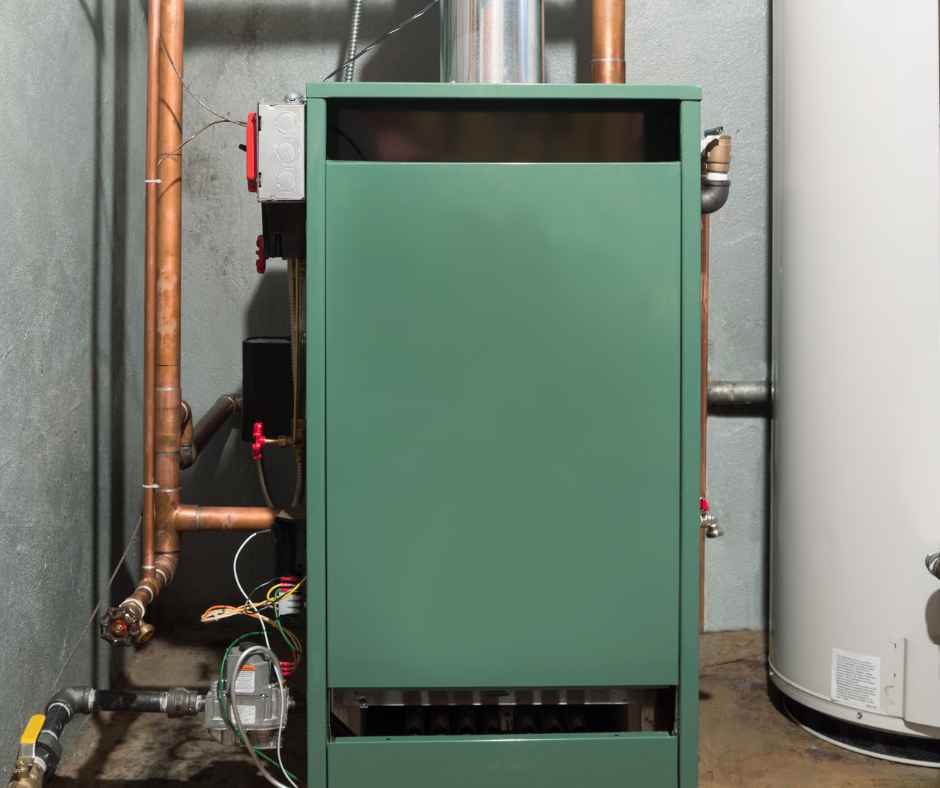
Is a Heat Pump or Furnace Better for Dallas? A Homeowner’s Guide
Read More
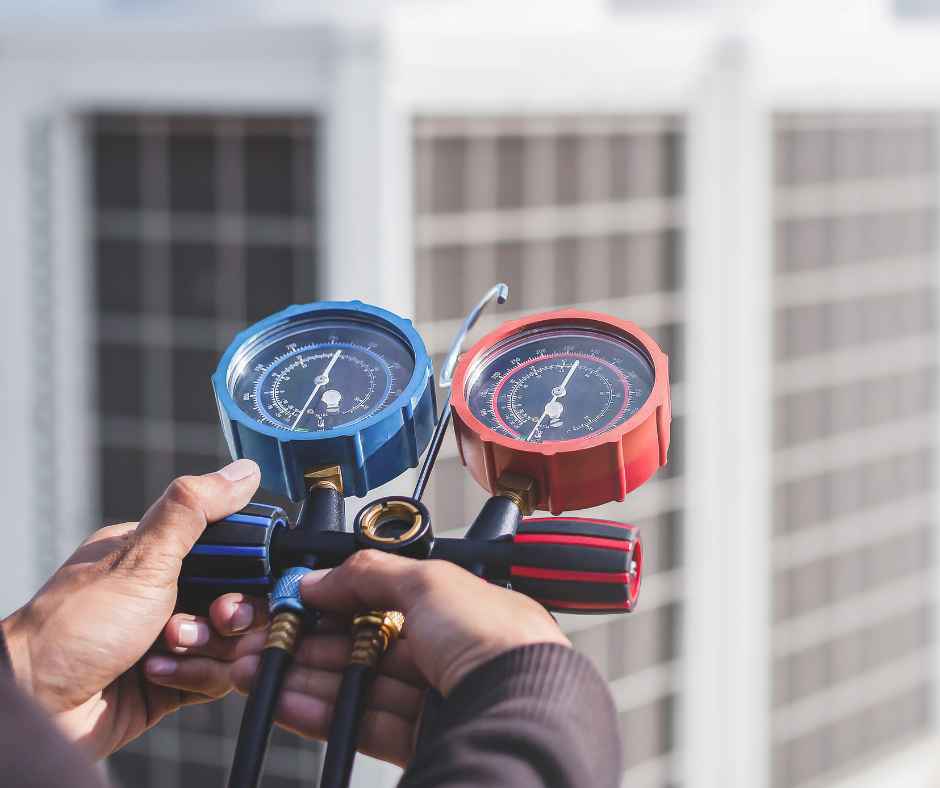
How Many BTU Do I Need?
Read More
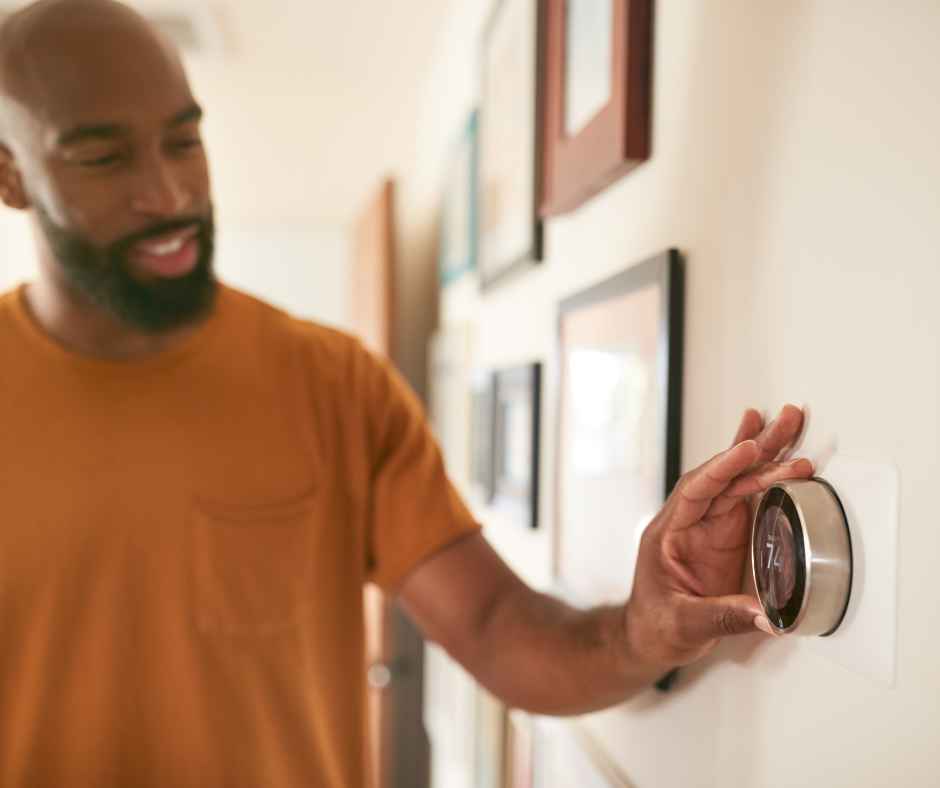
Preparing Your Dallas Home for Winter: Essential HVAC Maintenance Tips
Read More
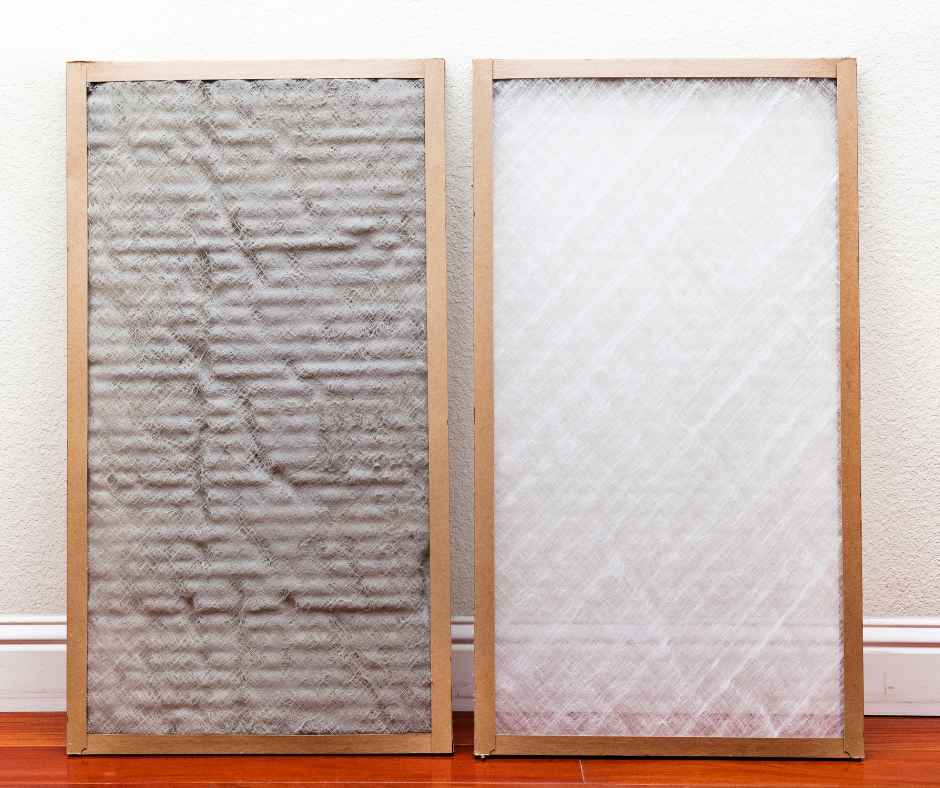
What MERV Rating Should I Use?
Read More
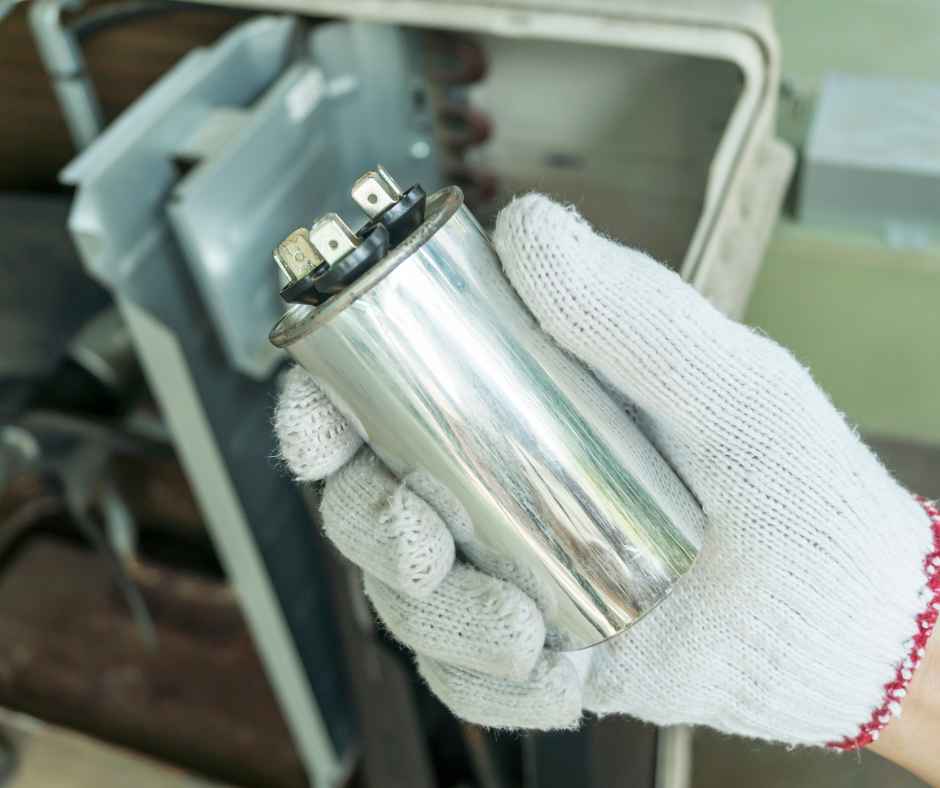
What Does a Capacitor Do?
Read More
